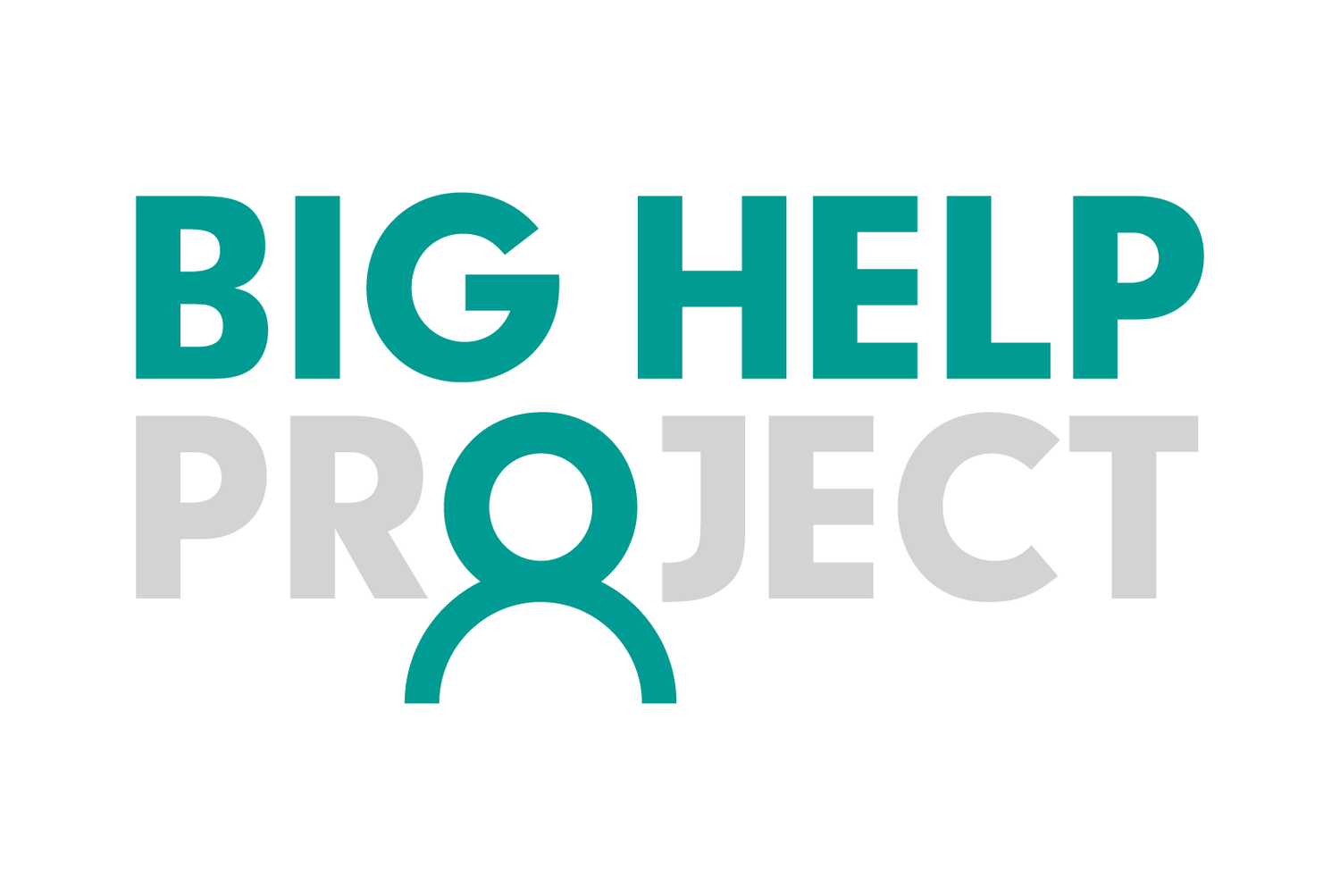Domestic Abuse concerns during Second Lockdown
The second national lockdown began on Thursday 5th November; triggering an increase of explosions in the sky, and potentially in homes across the country. The first national lockdown saw a rise of domestic killings, violence, and abuse inflicted by one member of a household to another; and now concerns grow around what the effect a second lockdown will have on those facing domestic abuse.
What is Domestic Abuse?
Women’s Aid define domestic abuse as “an incident or pattern of incidents of controlling, coercive, threatening, degrading and violent behaviour, including sexual violence...” There are many different types of abuse: psychological, economic, sexual, physical, and cyber. The perpetrator carries out these acts and behaviours to obtain control over the individual.
So, who can be a perpetrator? In the majority of cases, these behaviours and patterns of abuse are carried out by a partner or an ex-partner, a family member or carer. It's not only romantic relationships that can be abusive, it can be any close relationship in the home.
What does domestic abuse have to do with lockdown?
The effect that lockdown can have on domestic abuse is evident across the country during the first lockdown. Firstly, a number of domestic abuse charities reported a surge in calls to helplines and contact for support via online services. The National Domestic Abuse Helpline reported calls were 49% higher than normal during three weeks after the first lockdown was introduced. Secondly, the Counting Dead Women Project found that over a three week period of lockdown, at least 16 domestic abuse killings had taken place, including those of children. When looking at that three week period of time, between 23rd March and 12th April, over the past ten years- the average was five deaths.
It is not only partners, but also children who suffer at the hands of a perpetrator. Ofsted’s Chief Inspector, Amanda Spielman, revealed that there was a 20% rise in babies being killed or harmed during the first lockdown- with 64 babies being harmed in England, 8 of whom tragically died. Ms Spielman believes that a mix of isolation, poverty and mental illness caused this spike in domestic abuse and killings.
Lockdown doesn’t cause abuse
Lockdown has not created abusive people; it has intensified their behaviours in smaller settings. Covid has created a pressure cooker environment across the country as the on-going pandemic takes its toll mentally, emotionally, and financially. The aforementioned effects of lockdown may cause an abusive partner or family member to have: shorter tempers, more frequent attacks, and a greater need for control. The perpetrator may have also lost their job, been furloughed, isolating and therefore be spending longer periods of time at home. This all leads to escalating patterns of abuse with a perpetrator being more present than ever, and can have devastating consequences for person the abuse is inflicted upon.
Lockdown not only creates a highly pressured and intense environment triggering more abusive behaviours and patterns, but also a more restricted environment where there are less opportunities for relief or escape for the person being abused. Lockdown may have cut off the support and escape offered by time spent with family and friends; instead spending extended periods of time in close proximity with their abuser without relief and a feeling of inability to escape. Their perpetrator could now be present in the house all the time; able to implement more control and inflict more abuse. This prolonged close proximity of lockdown allows for more physical, mental, emotional, sexual, cyber, and economic abuse.
Not only do job losses and furloughs mean more time at home, but puts a greater financial strain on the household. The furlough scheme, job losses and more households being pushed onto Universal Credit could lead to greater financial control by one member of the household over another as households are pushing further into or closer to poverty.
What can be done?
If someone is to break the cycle of abuse; make the brave decision to leave their partner or family member and start again- they need a home to do so. A safe place with support, to make them feel empowered to not only walk away- but stay away.
The Big Help Project runs a housing project called Safe Havens, housing those who are homeless and fleeing domestic abuse. We are here to help you break the cycle of abuse and begin again. Reach out. It’s not too late. Change is possible. It’s a hard decision to make but you are not alone. The choice to break the cycle is yours, and we will be here when you are ready to make it.
9 NOVEMBER 2020

